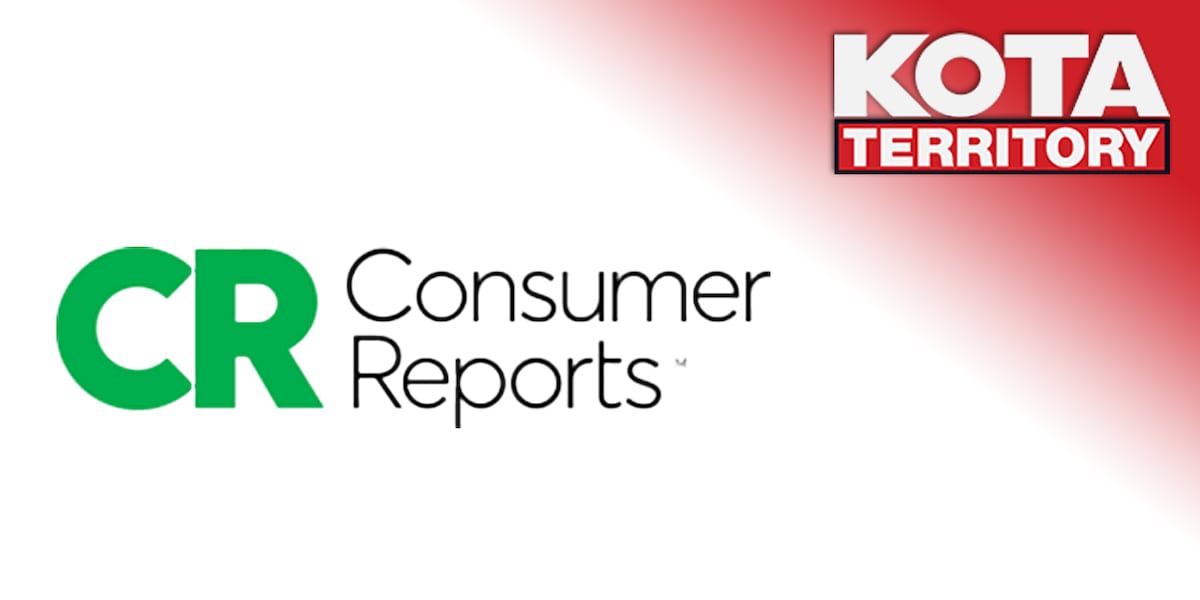Gambling
Paraguay approves major reform of gambling laws to end monopolies

Paraguay’s Chamber of Deputies approved a bill to overhaul the country’s gambling laws during an extraordinary session held on Tuesday (24 December).
The bill, titled “That modifies and expands Law No. 1,016/1997, which establishes the legal regime for the exploitation of games of luck or chance,” aims to modernise the sector and increase government revenue through enhanced regulation and enforcement.
The document, which had been returned from the Chamber of Senators with modifications, was sanctioned following deliberations.
Among the most notable changes is the restructuring of the National Gaming Commission (Conajzar), which will now operate under the purview of the National Directorate of Tax Revenues (DNIT).
This integration is expected to bolster Conajzar’s capacity to enforce regulations, improve collection mechanisms, and enhance oversight of the gaming industry. The reform positions Conajzar as a more robust and active body in the supervision and management of gambling activities across the country.
The modifications sparked debate among lawmakers. Deputies Adrián Vaesken and Rocío Vallejo voiced concerns about changes to Article 20 of the law, questioning the implications of the adjustments.
Conversely, Deputy Yamil Esgaib argued in favour of the modifications, emphasising their potential to strengthen Conajzar’s executive functions.
Esgaib noted that the changes are designed to make the commission a powerful enforcement entity with an expanded role in tax collection and regulatory oversight.
Modernising Paraguay’s gambling industry
The approved reforms are part of a broader effort to modernise Paraguay’s gambling sector. Lawmakers highlighted the importance of aligning regulatory frameworks with international best practices to attract investment, ensure transparency, and maximise the industry’s contribution to public funds.
Central to the reforms is the goal of optimising tax revenues generated by gambling, an industry with considerable economic potential.
One of the transformative aspects of the new legislation is the liberalisation of the gambling market. The law proposes the elimination of monopolies that have historically dominated the sector, paving the way for greater competition among operators.
This move is expected to diversify the market, allowing more bidders to participate at national, departmental, and municipal levels.
Proponents argue that increased competition will enhance service quality, boost innovation, and provide a fairer system for operators and consumers alike.
A long time coming
Paraguay’s gambling industry has long been under the control of monopolies, with limited competition and centralised regulation. Efforts to reform the sector began in earnest in the early 2000s, driven by calls for greater transparency and economic efficiency.
Over the years, the debate surrounding gambling reforms has centred on balancing the need for government oversight with the potential benefits of a liberalised market.
Previous attempts to reform the industry were met with resistance from entrenched interests and regulatory challenges. However, the growing recognition of gambling as a significant source of tax revenue has renewed momentum for change.
The current legislative push reflects a culmination of years of advocacy for a more competitive and well-regulated gambling environment.
With the bill now sanctioned, the next step is its implementation by the Executive Branch. The integration of Conajzar into the DNIT structure and the elimination of monopolistic practices signal a new era for Paraguay’s gambling sector.
The liberalisation of the market is expected to attract new operators, increasing investments and generating employment opportunities. However, these changes will require robust enforcement mechanisms to prevent potential issues such as illegal gambling activities and ensure compliance with the law.











